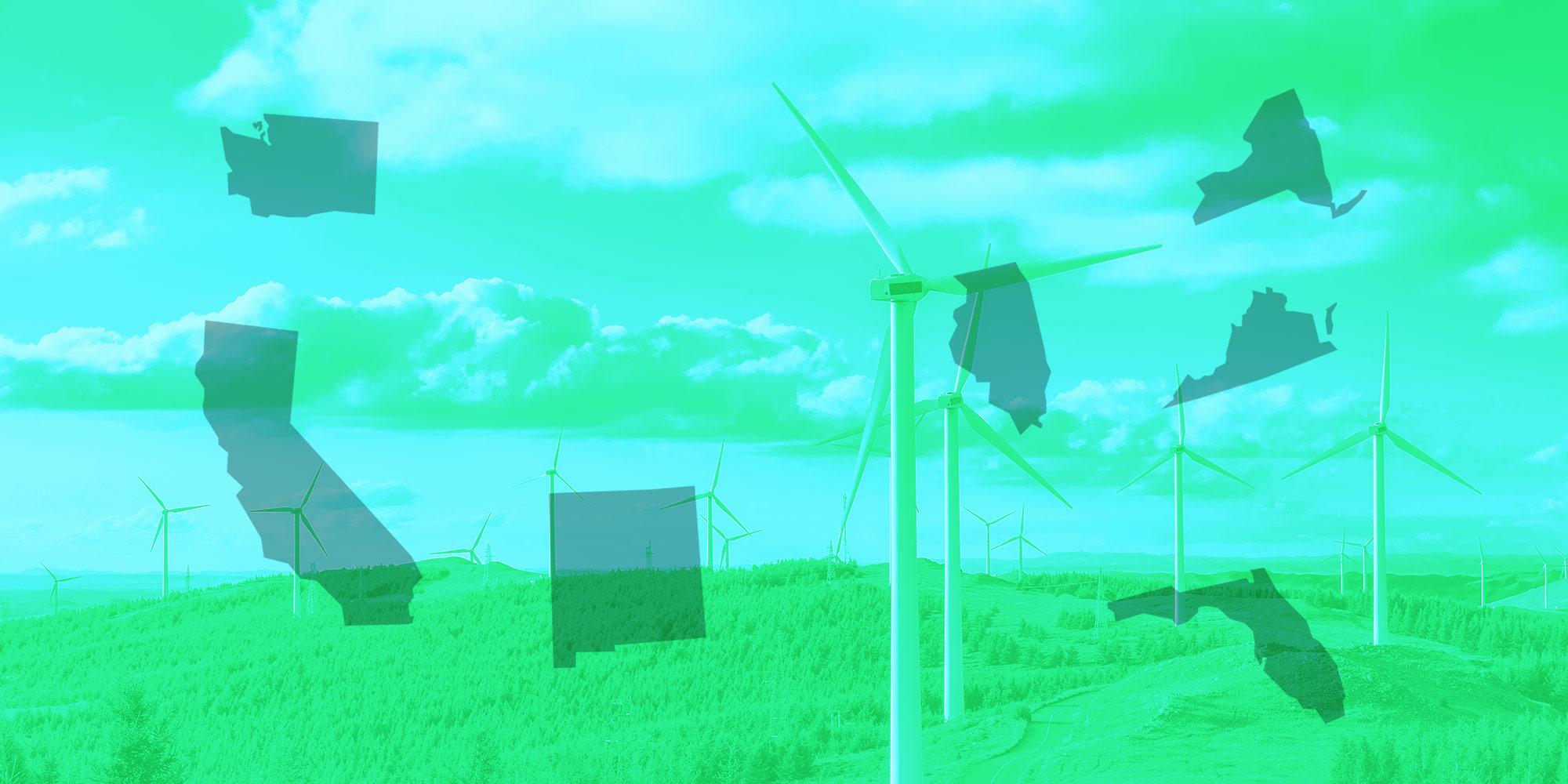A tense forum on California’s fight to preserve its auto emissions standards on Thursday boiled over multiple times as officials and lawmakers viciously sparred over one of the most controversial environmental regulatory efforts undertaken by the Trump administration.
For several hours during two hearings, federal officials defended the Trump administration’s efforts through its proposed Safer Affordable Fuel-Efficient (SAFE) Vehicles Rule to strike at California’s long-running autonomy over deciding stronger emissions standards.
At one point during the hearing hosted by two House Energy and Commerce subcommittees, a letter from Environmental Protection Agency (EPA) Administrator Andrew Wheeler to top House Energy and Commerce Republicans circulated, accusing California Air Resources Board (CARB) Chair Mary Nichols of being “unwilling to be a good faith negotiator.” Nichols, who spoke on a second panel as a top defender of California’s rules, refuted Wheeler’s characterization, arguing that the Trump administration “unilaterally” cut off talks with the state intended to reach a resolution.
That back-and-forth accusation illustrated a larger dynamic at play throughout the day, as Democrats and California officials battled against Republicans and government political appointees over emissions standards.
“I’m really not interested in a pissing contest between California and this administration, to be perfectly blunt,” snapped Rep. Debbie Dingell (D-MI) at one point two hours in, speaking to Heidi King, deputy administrator for the National Highway Traffic Safety Administration (NHTSA), and Bill Wehrum, assistant administrator for the EPA’s Office of Air and Radiation.
California is at war with the Trump administration over the state’s right under the Clean Air Act to an EPA waiver allowing it to set its own air pollution standards for vehicles. The state has exercised that right for decades, and 12 states along with the District of Columbia have similarly adopted California’s standards, representing 35% of the U.S. population and 1 in every 3 cars sold nationwide.
But in August 2018, the EPA proposed a nationwide freeze on federal fuel economy standards at 2020 levels — a direct strike at California over the objections of the EPA’s own staff. Efforts to resolve the problem fell apart in February, when federal officials said they had decided to end negotiations with California, further escalating tension.
“For decades, California has led the way on developing the gold standard for emissions,” said Rep. Doris Matsui (D-CA) in opening remarks, offering a defense of the state’s standards.
Other top Democrats similarly began on the offensive. “This action would have lasting negative consequences for the American auto industry,” said Rep. Paul Tonko (D-NY), chair of the House Energy Committee’s climate subcommittee.
Pointing to analysis showing that standardizing auto standards nationally would hurt U.S. jobs in addition to compromising “our public health and the environment,” Tonko blasted the Trump administration’s attack on California’s standards. “This proposal takes us even farther backwards on climate,” he asserted.
But the government officials remained defiant in the face of Democratic outrage. The proposed rule would “give the American people greater access to safer, more affordable vehicles,” Wehrum argued, while King repeatedly defended the Trump administration’s approach to the issue.
Both officials have previously come under scrutiny for their ties to industry, particularly Wehrum, who worked as a lobbyist for clients including the American Petroleum Institute (API) and the American Fuel and Petrochemical Manufacturers. Those groups have historically lobbied the government for the rollback of key climate policies.
During Thursday’s hearing, Rep. Diana DeGette (D-CO) pushed Wehrum to disclose any meetings he or his staff might have taken with such groups relating to the California issue. Wehrum repeatedly demurred, prompting terse words from DeGette.
“This is the problem we’re having with your agency every day: a lack of cooperation,” she said, pointing to what Democrats have argued is a dearth of transparency from the EPA.
But much of the two-part hearing centered largely on an indisputable rift. President Donald Trump has repeatedly tangled with California, on everything from wildfire aid to climate action. That animosity has been cemented by the feud over emissions standards, something Nichols made clear in her testimony.
Arguing that California “has always been at the forefront” of climate action efforts, the official warned against ending a historically “strong partnership” with the federal government.
But it’s not just about California. That rift has implications for other states and for communities around the country. During the first panel, Rep. Yvette Clarke (D-NY) highlighted the disproportionate rate at which communities of color suffer from air pollution connected to sources including auto emissions. Studies have repeatedly shown that black and Latinx children in particular are more impacted by bad air quality than their white counterparts. The EPA itself has similarly found that dangerous air pollution hurts people of color at higher levels than white communities in 46 states.
Democrats throughout the day also spoke to the opposition of the auto industry to the Trump administration’s efforts. Automakers have already worked to comply with the more sweeping standards and many fear that the new proposal would harm jobs and destabilize the economy.
Wehrum and King, however, largely declined to address those qualms.
“We’re concerned that it’s going to stifle companies from innovating,” Josh Nassar, legislative director for United Auto Workers, said during the second panel in opposition to the Trump administration.
The administration is expected to finalize the rule in coming months, but Democrats warned repeatedly on Thursday that it would inevitably be met with even more legal action, all but ensuring ongoing market instability. Nichols reiterated that litigation was likely, as she pushed the Trump administration to shift course.
“We will take the actions we must to protect the public and follow the law if the federal agencies do not change course,” Nichols asserted. “It is not too late to choose a better way—a path forward that benefits consumers, air quality and climate, as well as investments and jobs tied to a clear and consistent long-term path to cleaner cars.”

